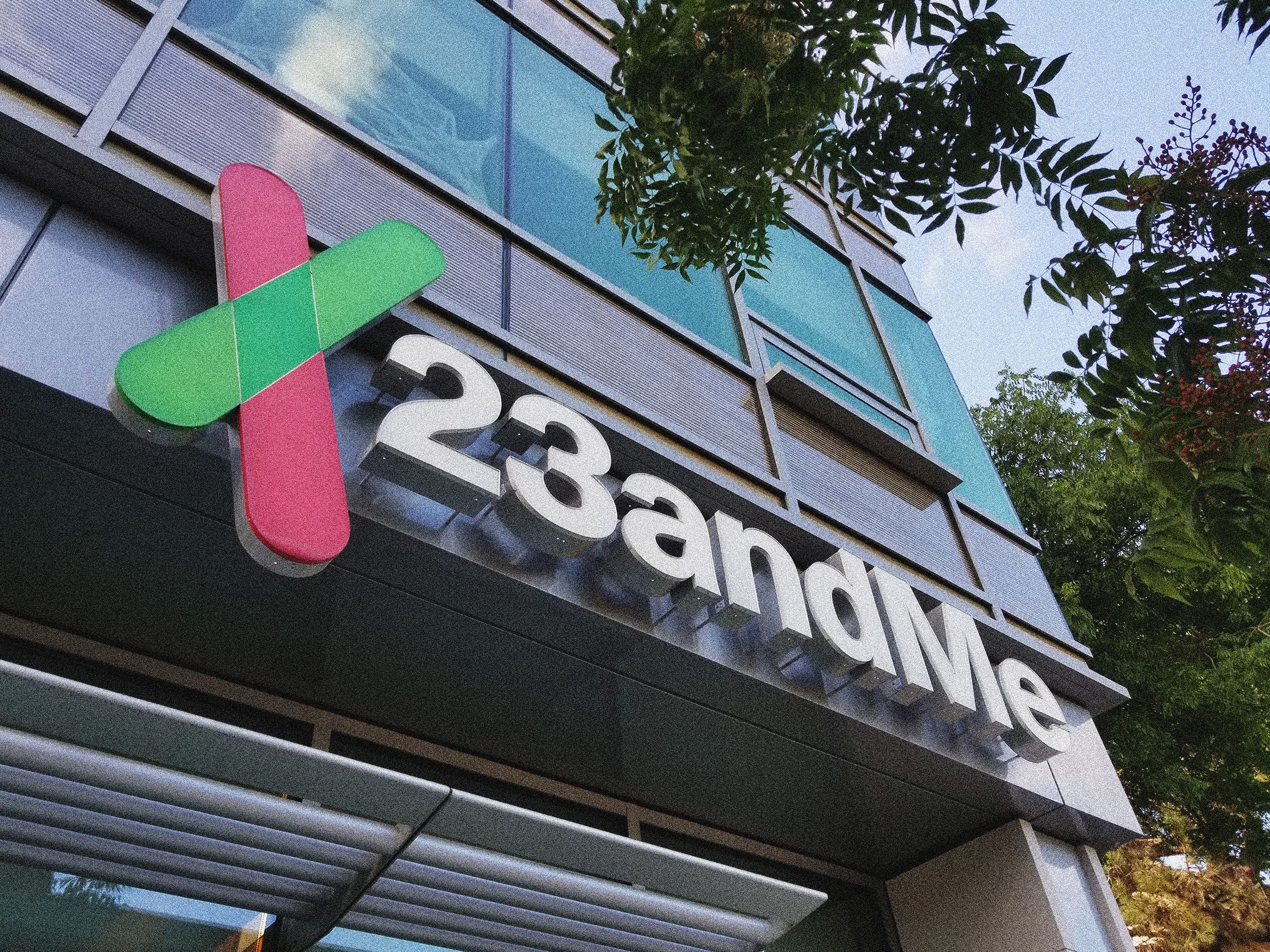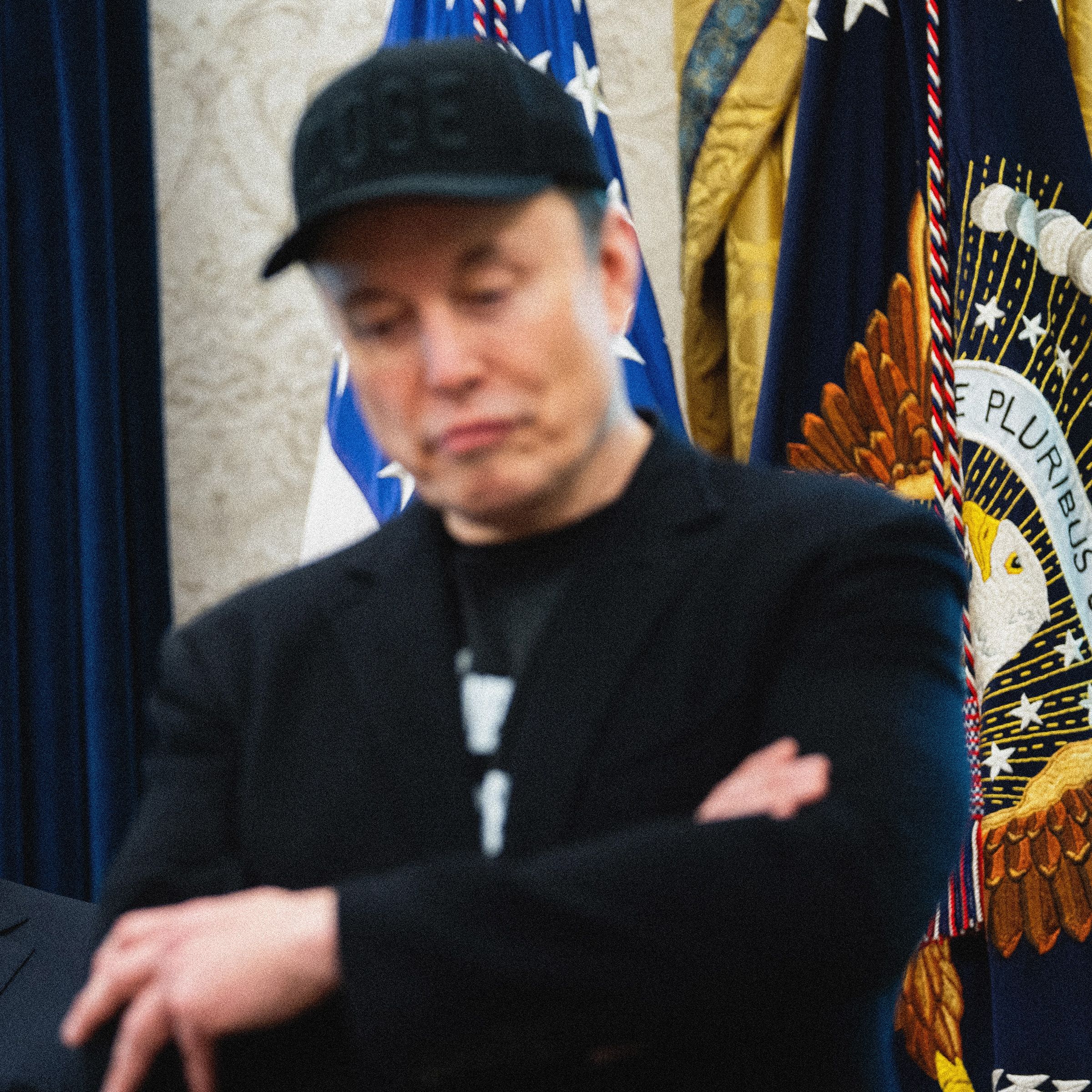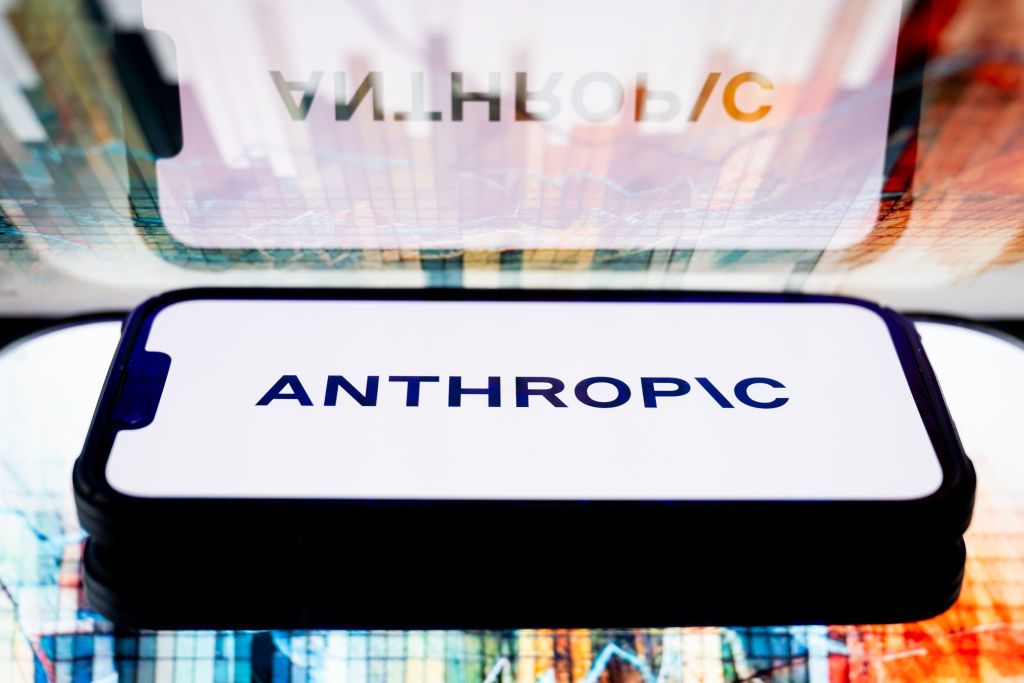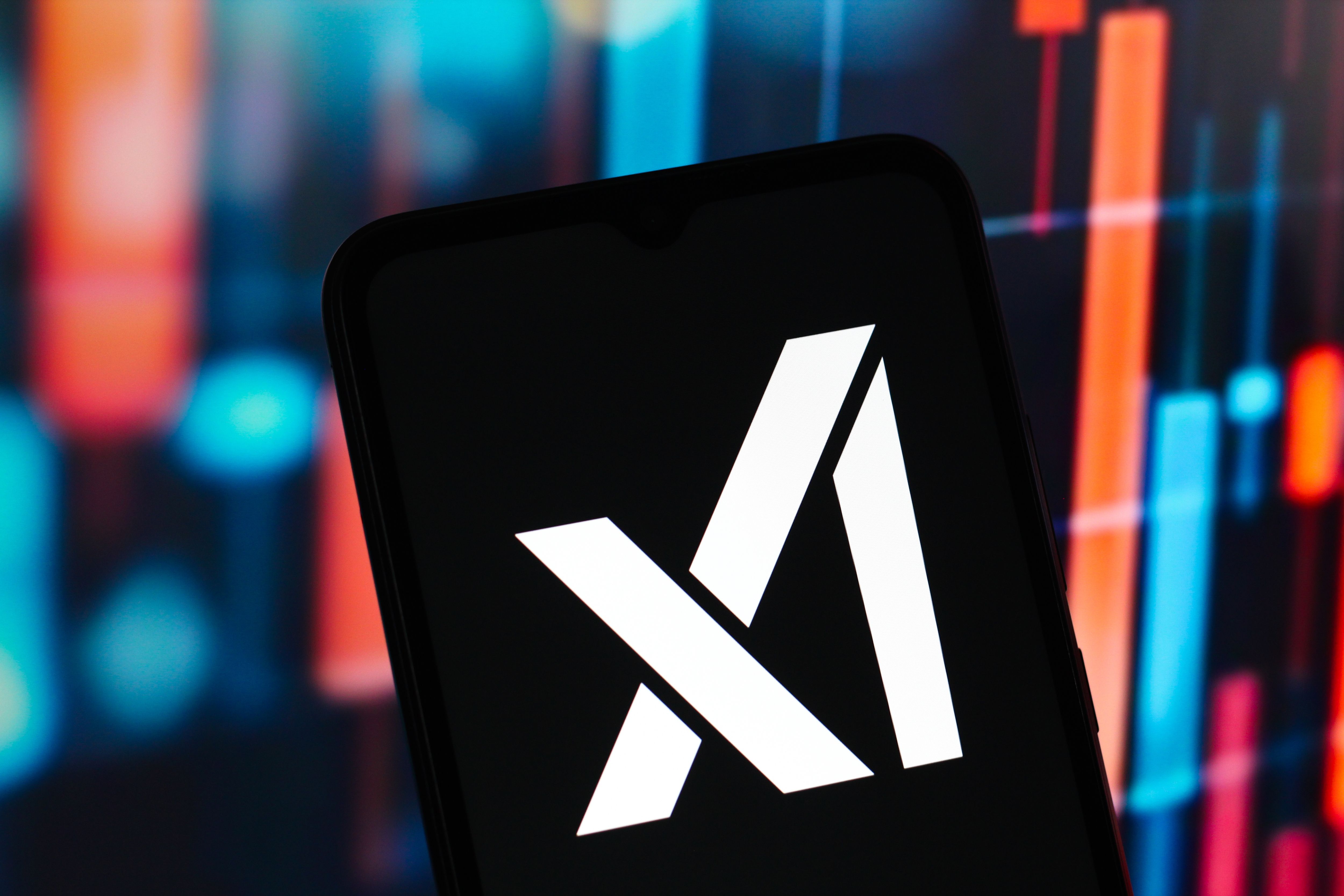Despite Protests, Elon Musk Secures Air Permit for xAI
After facing protests from environmental activists and local residents, Elon Musk’s company, SpaceX, has successfully obtained an air permit for its experimental Artificial Intelligence project, xAI.
The xAI project aims to develop advanced AI technologies that can be used in space exploration and other scientific endeavors, but critics have raised concerns about the potential environmental impacts of the project.
Despite the opposition, Musk was able to secure the necessary permit by working closely with regulatory agencies and addressing the concerns raised by stakeholders.
In a statement, Musk emphasized the importance of advancing AI technologies for the future of humanity and the role that xAI could play in achieving this goal.
Some environmentalists have expressed cautious support for the project, acknowledging its potential benefits while urging strict monitoring of its environmental impacts.
Others, however, remain skeptical and continue to call for more transparency and accountability from SpaceX in its development of AI technologies.
The permit approval has reignited the debate over the ethical and environmental implications of AI development, with activists and scholars calling for greater oversight and regulation of such projects.
Despite the controversy, Musk’s determination to push forward with xAI underscores his commitment to innovation and his belief in the transformative power of AI.
As SpaceX prepares to launch the xAI project, the company faces continued scrutiny and pressure to ensure that the project proceeds responsibly and ethically.
Only time will tell what impact xAI will have on the future of technology and society, but one thing is certain – Elon Musk’s vision for the future remains as ambitious and controversial as ever.






More Stories
Congress Demands Answers on Data Privacy Ahead of 23andMe Sale
A European Startup’s Spacecraft Made It to Orbit. Now It’s Lost at Sea
The Largest Camera Ever Built Releases Its First Images of the Cosmos